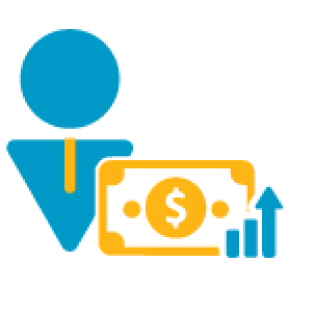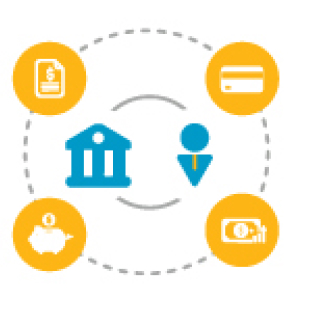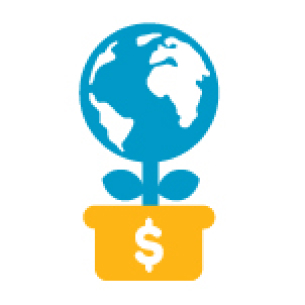Module 1: Money and System of Exhcange
This module focuses on the characteristics and uses of money; its history and evolution over time in society. Participants will also learn about concepts associated with money supplies; such as depreciation, inflation and over indebtedness. And, participants will be exposed to various systems of exchange in use in the world today, and come to understand the role of money in local eco-systems, international trade and geopolitics.

Module 2: Earnings and Careers
This module focuses on understanding the various options to generate income and explores career opportunities in the financial services sector as well as the education and skills sets necessary to obtain work in related fields. The module will also explore the Indonesian economy and its make up (a predominantly agrarian economy where micro and small enterprises provide 97% of all jobs) as well as its evolution toward a new digital economy. The module will also prepare participants to understand employees’ rights vis-à-vis health insurance, workers’ safety, pensions and other government benefits. And, it will provide for skills building with regard to managing one’s finances and planning for the future.

Module 3: The Financial Sector Ecosystem
This module explores the function of the primary actors in the financial system, their interactions, including how they are regulated, and how they impact the financial consumer and the Indonesian economy. Participants will also gain exposure to the various financial consumer services and products marketed to youth, and build their capacity to be pro active, savvy financial consumers who comprehend the terms and conditions of payments services, savings, credit, insurance and other products available on the market and who know how/where to seek redress when harmed by financial services providers.

Module 4: Sustainable and green finance
This module focuses on the critical challenges to sustainable development in Indonesia from the perspective of Indonesian youth, and how finance can be used as a tool to achieve the SDGs. The concept and meaning of sustainability, its role sustainable finance mechanisms will be discussed along with brief on climate change and how it affects financial institutions. The need for building climate resilience and examples of green initiatives will also be covered.


